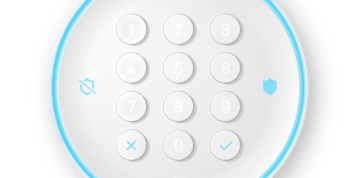Google’s AI assistant, Duplex, was initially geared toward helping people save time doing routine tasks like making reservations at restaurants and booking salon appointments. However, the technology, which mimics a human voice, now appears poised to take over call centres.
According to a report in The Information, Google is experimenting with ways Duplex can be used to take over roles that are currently filled by people. An insider repeatedly told the publication that the firm is talking to at least one customer – a major insurance company – about using Duplex for its simpler and more repetitive and straightforward customer service calls.
The potential for profit is huge as ResearchAndMarkets has projected that the market for cloud-based customer call centres will climb from $6.8 billion last year to $21 billion by the year 2022.
Amazon has already made inroads in this market, selling a version of its voice assistant Alexa that was created to respond to questions through text messages and on the phone. Microsoft, Cisco, and IBM are also reportedly ramping up efforts in this realm.
Companies could save money, but people could lose jobs
Google has said that the firm is more focused on Duplex’s consumer use cases but conceded that businesses could be pursuing ways of using the technology on their own. Given the jitteriness among the general public about losing jobs to machines, it’s understandable that they would be reluctant to play up its enterprise potential. Many companies are already outsourcing this type of work to countries where they can get away with paying very low wages, and AI would help them find even further cost savings. Widespread adoption of AI in call centres would hit places like the Philippines hard, where 1.2 million people hold call centre jobs.
Another obstacle is usability. A recent survey found that nine out of ten people prefer to speak to humans when they make customer service-related calls. Eight in ten said that they speed through automated parts of the call in hopes of reaching a person, and only one in ten are satisfied with “interactive voice response systems.”
It’s something that Google has taken into considering in developing Duplex, however. For example, it inserts natural conversation sounds like “ah” and “um” into its discourse to make the conversation more natural. When Google first demoed Duplex, some people were so concerned about how natural it sounded and how easily it could be confused for a human that Google promised the AI would tell people they’re talking to a machine at the beginning of the conversation.





